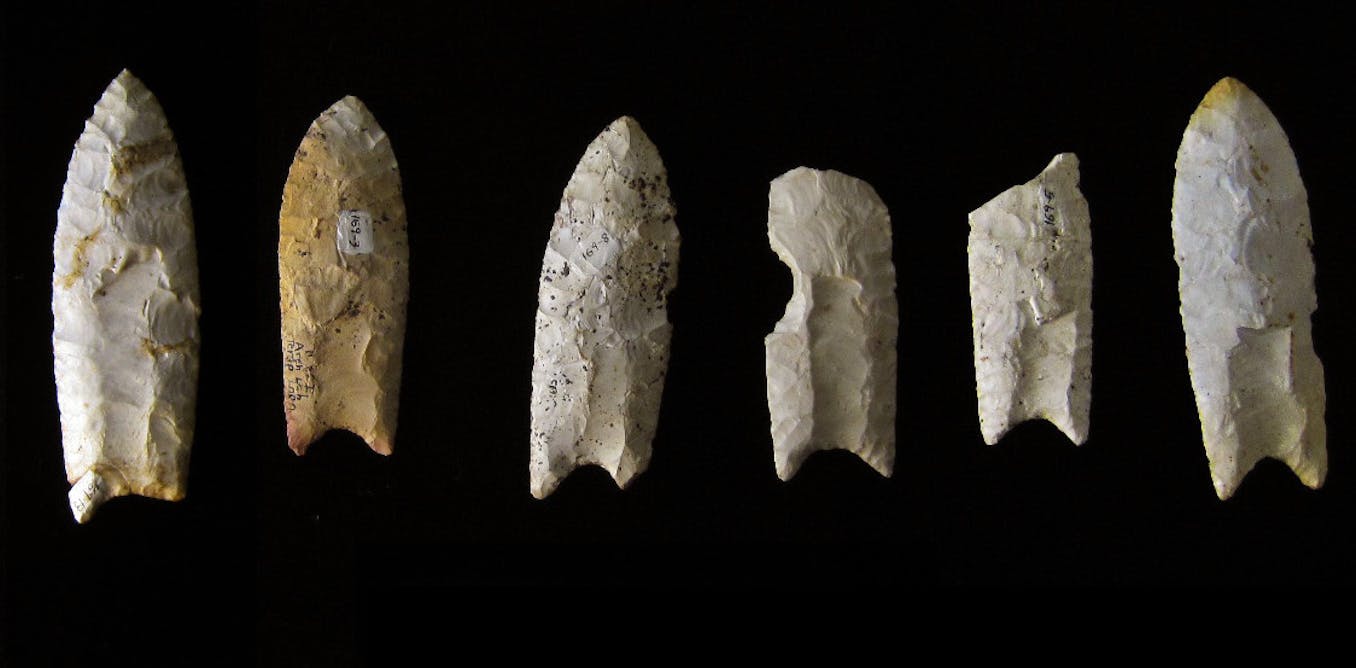Did male and female dinosaurs differ? A new statistical technique is helping answer the question
The lack of large numbers of fossils makes it hard to study sexual dimorphism in dinosaurs. But a new statistical approach offers insight into this question and others across science.
Evan Thomas Saitta, Postdoctoral Scholar in Paleontology, University of Chicago •
conversation
Feb. 1, 2022 • ~10 min
Feb. 1, 2022 • ~10 min
Evolution: how Victorian sexism influenced Darwin's theories – new research
Darwin thought female animals were non-strategic and uniform, making similar decisions.
Matthew Wills, Professor of Evolutionary Palaeobiology at the Milner Centre for Evolution, University of Bath •
conversation
Jan. 20, 2022 • ~8 min
Jan. 20, 2022 • ~8 min
A taste for sweet – an anthropologist explains the evolutionary origins of why you're programmed to love sugar
If you ever feel like you can’t stop eating sugar, you are responding precisely as programmed by natural selection. What was once an evolutionary advantage has a different effect today.
Stephen Wooding, Assistant Professor of Anthropology and Heritage Studies, University of California, Merced •
conversation
Jan. 5, 2022 • ~9 min
Jan. 5, 2022 • ~9 min
How a handful of prehistoric geniuses launched humanity's technological revolution
The stone age saw a pattern where technologies like spears, fire and bows were invented once, then spread
Nicholas R. Longrich, Senior Lecturer in Paleontology and Evolutionary Biology, University of Bath •
conversation
Dec. 29, 2021 • ~10 min
Dec. 29, 2021 • ~10 min
/
25










